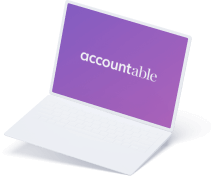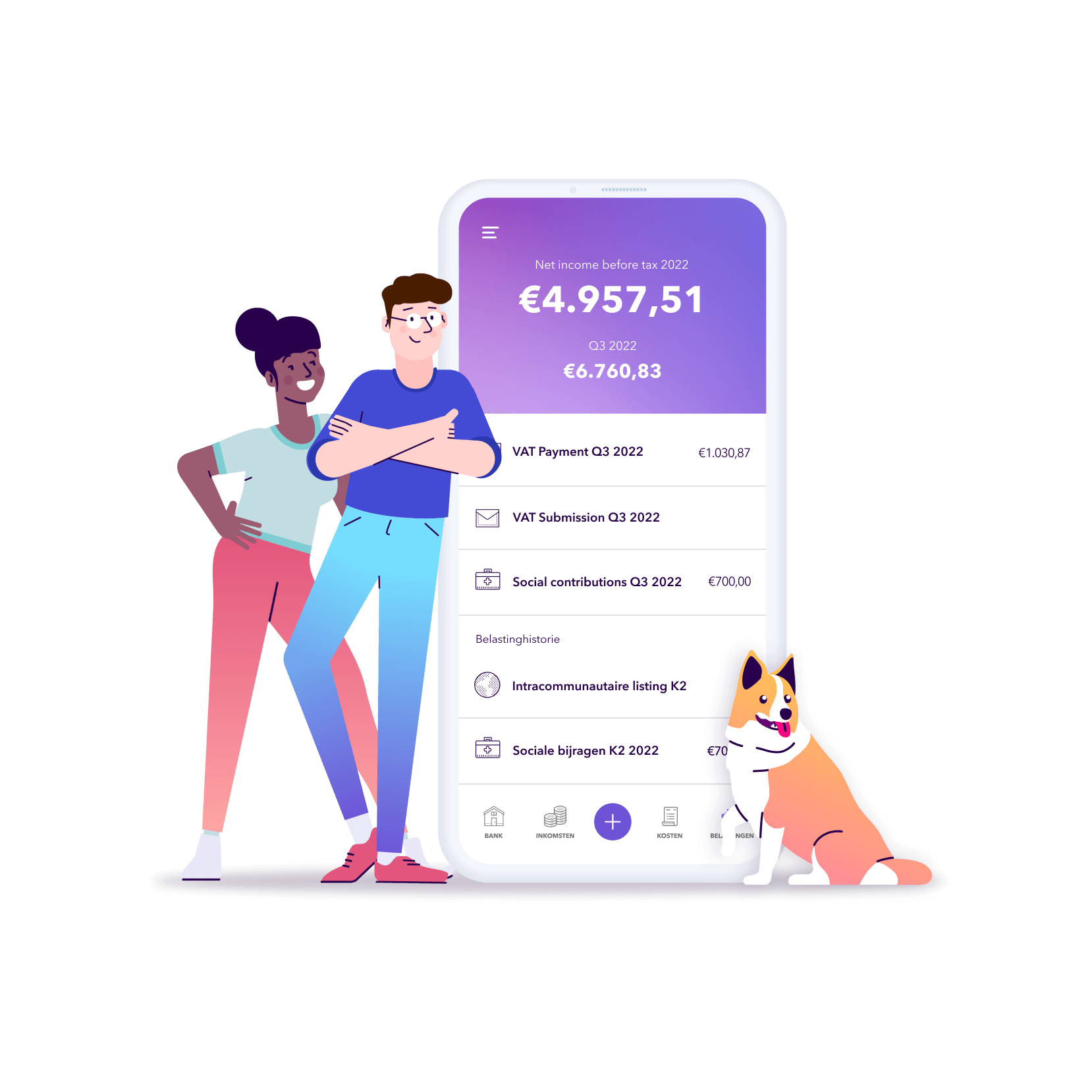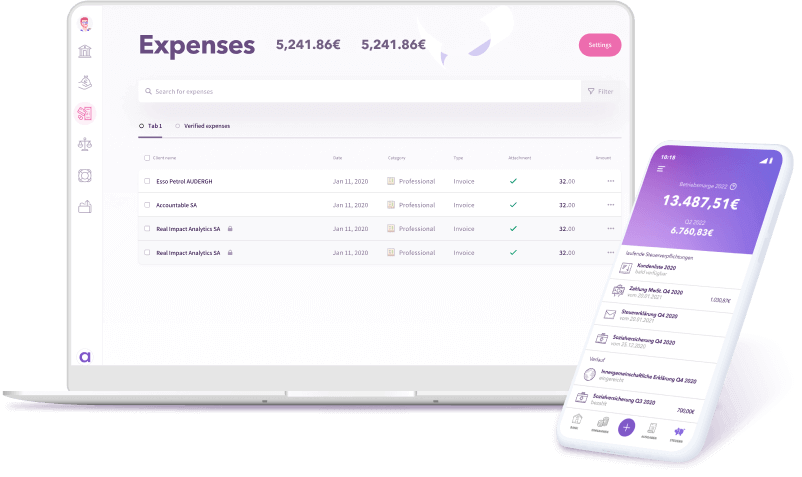
Freelancing in Germany: Here’s what you need to know about tax numbers
Read in 4 minutes
Freelancing in Germany can be tough. Between working, acquiring new clients, and learning the language, you also have to deal with the German tax system. And as if understanding when and how to lodge your taxes wasn’t difficult enough, Germany throws up to 3 different tax numbers at you.
In this article, we decode what the different tax numbers mean and explain how and where to get them from.
Tax number
Every German resident for tax purposes receives an individual tax number (Steuernummer) from the tax office. This number allows the tax offices to identify and allocate income tax declarations and other tax information to a specific person. The Steuernummer consists of 10 or 11 digits, depending on the Finanzamt. It has this format, for example: 079/123/12347.
The tax number is assigned differently depending on which state (Bundesland) you live in. For example, if you move from Hamburg to Berlin and you change your address, you will receive a letter from the tax office with a new tax number. This also means that your tax declarations are now handled by a different tax office. If you want to know which tax office is responsible for your taxes, you can use the search function on the website of the national tax office (Bundeszentralamt für Steuern; BZSt).
Where do I find my tax number?
If you are employed, you will be assigned a tax number as soon as you hand in your first tax declaration. But if you are self-employed, you have to first register as such with the tax office in order to receive your tax number. This is done by completing the tax regulation questionnaire (Fragebogen zur steuerlichen Erfassung). After around 4 weeks, you will receive your Steuernummer per mail.
💡 Tip from Accountable: Alternatively, you can also use our free tax ID tool to apply for your tax number. The step by step guide helps you to fill out the questionnaire and get started as a freelancer.
Tax identification number
In 2007, the tax office introduced the tax identification number (IdNo; Steueridentifikationsnummer) in order to simplify the taxation procedure and reduce bureaucracy. The IdNo will replace the tax number in the long term. It will also be permanently valid and not change after a move, or a change of profession or marital status.
However, the process of switching from one system to the other has been more complicated and time-consuming than anticipated, which is why you still get a varying tax number on top of your lifelong IdNo. The IdNo is a number with 11 numbers.
Where do I find my tax identification number?
If you were born in Germany or are registered in the country for tax reasons, you should have received a letter from the tax office assigning you an IdNo. Your tax identification number is also stated on your income tax assessments.
Alternatively, if you didn’t receive a letter or simply can’t find it, you can request the letter with your IdNo to be sent again using the input form on the website of the BZSt.
VAT ID number
Unless you are legally considered a small business owner (or Kleinunternehmer), you have to include VAT on your invoices. The VAT rate is determined by the type of services and goods you provide. You also have to regularly declare how much VAT you received and pay the amount back to the tax office. But on the bright side of things, you are also able to request VAT back on any business-related purchases you made.
When registering as self-employed in Germany, you can also apply for a VAT ID number (Umsatzsteueridentifikationsnummer). This number is relevant to you if you invoice clients outside of Germany but inside the European Union, since you are only exempt from paying VAT on these services if you have a VAT ID number.
VAT outside of Germany
Whether you have to pay VAT or not depends on where exactly your client’s business is located and if their country of residence has a tax treaty with Germany. The latter is the case for all countries within the European Union, as trading is regulated under European law.
This means that you don’t have to include VAT on invoices to clients within the EU. Instead, the invoice recipient is responsible for paying the equivalent national tax in his country of residency. This process is called reverse charge procedure and must be stated as such on your invoices. But, as mentioned before, you can only apply the reverse charge procedure if you and your client both have a valid VAT ID number.
How do I get a VAT ID number?
There are two ways to apply for a VAT ID number. You can apply for it when filling out the above mentioned tax regulation questionnaire, or you can use the form on the website of the national tax office (BZSt) to request a VAT ID number. In this case, the application must contain your name and address, your current tax office, and your current tax number.
German tax numbers
Since 2007, every German resident for tax purposes automatically receives a tax identification number (IdNo) that is valid for life. However, this nationwide process turned out to be more complicated and time-consuming than anticipated, which is why you still receive a tax number in addition to your IdNo whenever you move or register a new business.
On top of that, you might also have a VAT ID number, which is used to manage trade and taxes between two member states of the EU.
💡 Tip from Accountable: Our free tax ID tool helps you to quickly apply for a tax number and get started with your new freelancing business asap.
Did you find what you were looking for?
Happy to hear!
Stay in the know! Leave your email to get notified about updates and our latest tips for freelancers like you.
We’re sorry to hear that.
Can you specify why this article wasn’t helpful for you?
Thank you for your response. 💜
We value your feedback and will use it to optimise our content.










